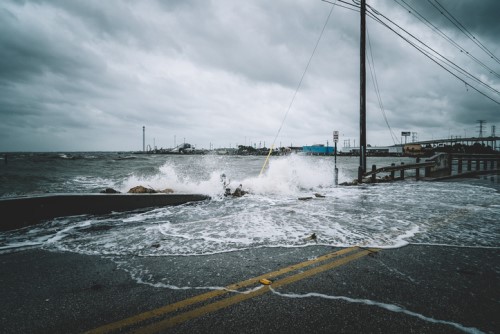

Risk-awareness and knowledge are the first steps in mitigating the impact of disasters, says international insurer Zurich.
According to the firm, thinking of ways to address risks prior to a disaster is appropriate especially now as the Atlantic hurricane season gets underway, and many countries also face heightened risks of destructive seasonal floods.
“We know that every dollar spent on reducing risks and their impacts before a disaster saves five dollars in future losses,” Zurich Group chief risk officer Alison Martin said. “That means it’s five times more expensive to be unprepared.
“Building resilience is money well spent, and more importantly – it saves lives,” she said.
Zurich’s Post-Event Review Capability (PERC) methodology found nearly all disasters – floods, fires, windstorms or other events – no matter where they occur, share common traits in the impact they have on lives, property and communities. They teach valuable lessons no matter what type of risks they might bring.
“Of course, proper insurance coverage will speed recovery by providing funds quickly to aid in rebuilding,” Martin said. “However, one of the central lessons from the PERC studies is that businesses play a key role in building communities’ resilience to large natural events so they do not turn into a social disaster.
“Providing equipment, access to food and water, assisting with cleanup and offering paid time off for employees to help rebuilding can go a long way toward supporting a community and creating a culture of assistance,” she explained.
Zurich led 12 PERC studies. These were conducted in Austria, Bosnia and Herzegovina, Croatia, the Czech Republic, Germany, Morocco, Nepal, Peru, Serbia, Switzerland, the UK and the US.
